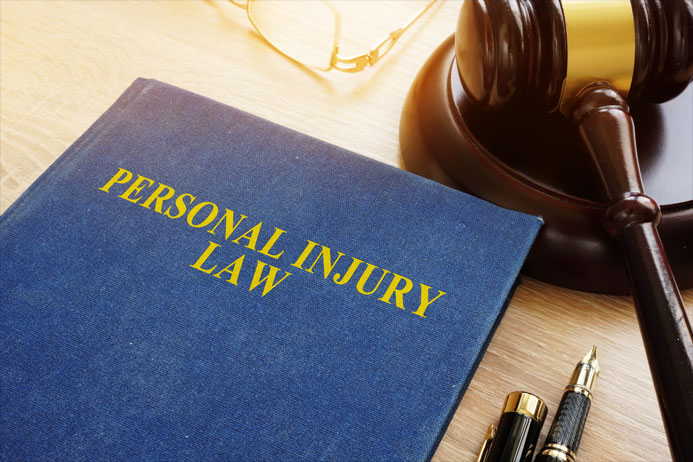
Personal injury claims fall under the area of law known as tort law. Tort law allows victims to make claims for compensation when they’re injured in an accident or suffer property damage that was someone else’s fault. Tort law encompasses all types of personal injury cases, but there are three main categories of torts: intentional torts, negligence and strict liability. Regardless of type, there are four elements that must be demonstrated in a successful tort case: duty, breach of duty, causation and injury. At Thomas, Conrad & Conrad Law Offices, our experienced personal injury attorneys have years of experience handling a wide range of personal injury accident cases and can help you understand which concepts apply in your particular situation.
Intentional Torts
As the name suggests, intentional torts convey an element of intent, which means that the person who injured you did something on purpose. Unlike other types of personal injury cases, the state of mind and intention of the person who committed the tort are taken into account. Common types of intentional torts include fraud, slander, libel, assault and battery, and false imprisonment.
For instance, if you’re involved in a car accident where the other driver intended to hit your car and cause you bodily harm, it would be considered an intentional tort. Wrongful death claims may also be the result of an intentional tort. Although these acts can be prosecuted in the criminal court, a personal injury claim is a civil matter that focuses strictly on recovering compensation for an injured victim.
Negligence
Negligence torts are most common in personal injury cases. Negligent torts are brought when an individual or entity fails to act as a reasonable person would, fails to practice duty of care and causes an injury by their failure to do so. Motor vehicle crashes and slip and fall accidents are two of the most common types of negligent tort cases. Although intent is irrelevant in a negligence case, the difference between negligence and intent can be subtle. For example, gross negligence is a very serious form of negligence that shows a complete lack of concern for the safety of others. Depending on the circumstances, a case involving gross negligence may really fall under the purview of an intentional tort. That’s why it’s vital to have a skilled personal injury attorney who is well-versed in all aspects of tort law assess your case to ensure the most effective course of action to recover maximum compensation.
Strict Liability
Strict liability cases are typically the most challenging of the three types of torts. They often involve product liability, which means that an injury was caused by a defect or hazard in the design or manufacture of a product. Although the injured party is not required to prove that the defendant did anything wrong in a strict liability case, it’s essential to seek the counsel of an experienced personal injury attorney who will evaluate the facts of your case and determine which tort to apply and the legal approach to take to recover compensation for your damages and losses.
A Personal Injury Lawyer Can Help
If you’ve been injured in an accident, our skilled personal injury attorneys will help you understand your rights and fight to get the compensation you deserve. Call Thomas, Conrad & Conrad Law Offices at 610-867-2900 or contact us online to schedule a free consultation.

